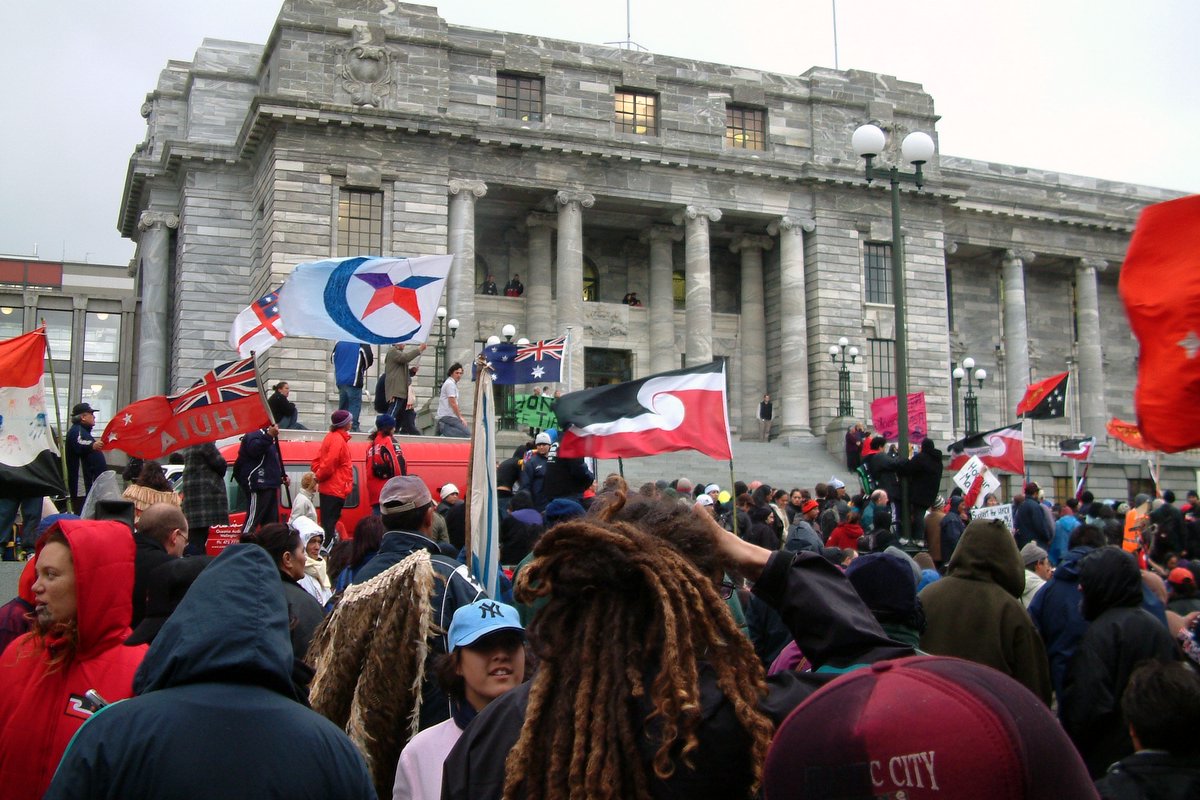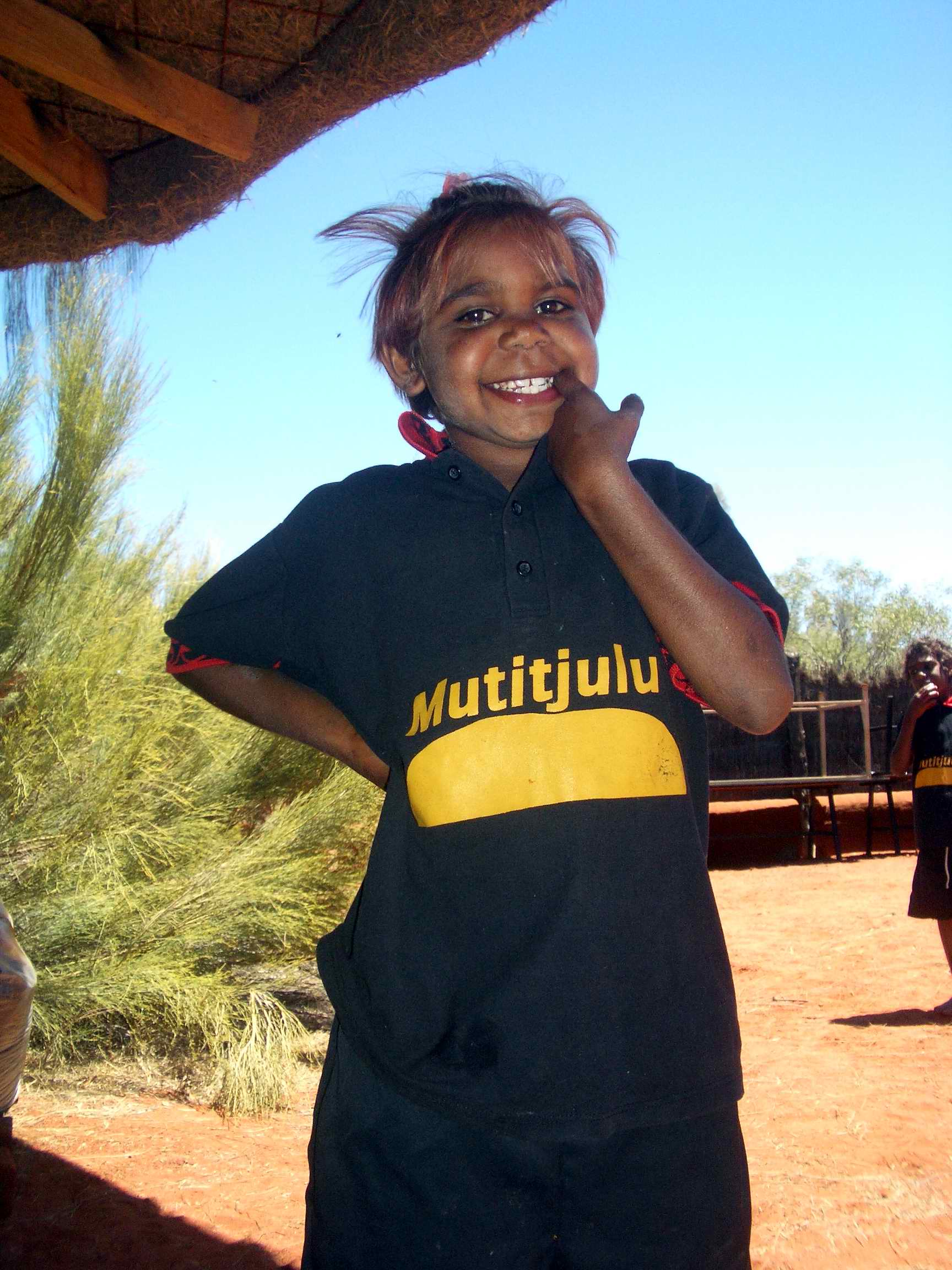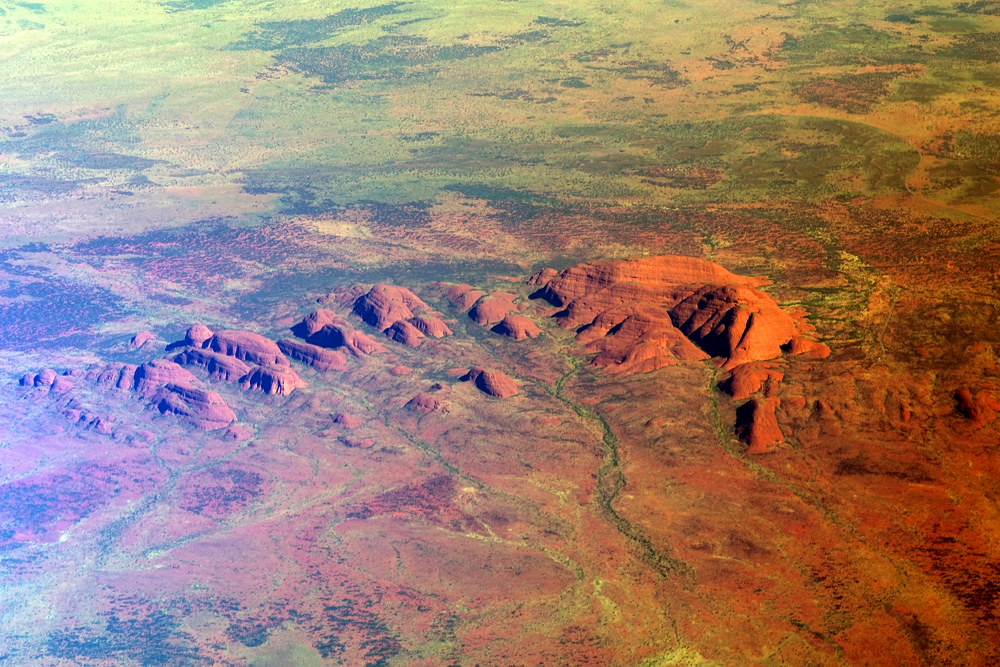|
Katiti Aboriginal Land Trust
The Katiti Aboriginal Land Trust (Katiti ALT) is a land trust for a block of land in the southwest of the Northern Territory of Australia located in the locality of Petermann. It was created through the Katiti Land Claim in 1980. The trust's owners include Pitjantjatjara, Yankunytjatjara and Luritja people. The block of land is officially referred to as Northern Territory Portion 1818. It borders the larger Petermann Land Trust area and Uluṟu–Kata Tjuṯa National Park to the north and west, and two pastoral stations to the east and south: Curtin Springs and Mulga Park. The town of Yulara is excluded from the Land Trusts, and sits between the Katiti block and Uluṟu–Kata Tjuṯa National Park. The trust is named after Katiti (''Bobbie's Well''), a natural spring located about south of Lake Amadeus. This spring was first written about by Baldwin Spencer and Francis James Gillen. They visited it in 1894 on their way to Uluṟu, and recorded the name "Kurtitina" (more a ... [...More Info...] [...Related Items...] OR: [Wikipedia] [Google] [Baidu] |
Aboriginal Land Trust
In Australia, an Aboriginal land trust (ALT) is a type of non-profit organisation that holds the freehold title to an area of land on behalf of a community of Aboriginal Australians. The land has been legally granted to a community by the government under a perpetual lease, usually after the community makes a formal claim of traditional ownership. Land granted under Aboriginal title is inalienable; it can not be bought, sold, traded or given away. The land trust is the organisation appointed by the community to legally hold the title deeds. The land trusts are administered by Aboriginal land councils. Establishment and operation of Aboriginal land trusts Several states and territories have enacted laws to establish Aboriginal land trusts, but not all. New South Wales An Aboriginal Lands Trust existed in New South Wales in the 1960s and into the 1970s, a body of which Lyall Munro Snr was a member, among others. This organisation had land passed to it by the government as well as ... [...More Info...] [...Related Items...] OR: [Wikipedia] [Google] [Baidu] |
Prospecting
Prospecting is the first stage of the geological analysis (followed by exploration) of a territory. It is the search for minerals, fossils, precious metals, or mineral specimens. It is also known as fossicking. Traditionally prospecting relied on direct observation of mineralization in rock outcrops or in sediments. Modern prospecting also includes the use of geologic, geophysical, and geochemical tools to search for anomalies which can narrow the search area. Once an anomaly has been identified and interpreted to be a potential prospect direct observation can then be focused on this area. In some areas a prospector must also make claims, meaning they must erect posts with the appropriate placards on all four corners of a desired land they wish to prospect and register this claim before they may take samples. In other areas publicly held lands are open to prospecting without staking a mining claim. Historical methods The traditional methods of prospecting involved combi ... [...More Info...] [...Related Items...] OR: [Wikipedia] [Google] [Baidu] |
Yulara
Yulara is a town in the southern region of the Northern Territory, Australia. It lies as an unincorporated enclave within MacDonnell Region. At the , Yulara had a permanent population of 1,099, in an area of . It is by road from World Heritage Site Uluru (Ayers Rock) and from Kata Tjuta (the Olgas). It is located in the Northern Territory electorate of Gwoja and the federal electorate of Lingiari. History By the early 1970s, the pressure of unstructured and unmonitored tourism, including motels near the base of Uluru (Ayers Rock), was having detrimental effects on the environment surrounding both Uluru and Kata Tjuta. Following the recommendation of a Senate Select Committee to remove all developments near the base of the rock and build a new resort to support tourism in the Uluṟu-Kata Tjuṯa National Park, the Commonwealth Government agreed in 1973 to relocate accommodation facilities to a new site outside the park. On 10 August 1976, the Governor General proclaimed the ne ... [...More Info...] [...Related Items...] OR: [Wikipedia] [Google] [Baidu] |
Aboriginal Title
Aboriginal title is a common law doctrine that the land rights of indigenous peoples to customary tenure persist after the assumption of sovereignty under settler colonialism. The requirements of proof for the recognition of aboriginal title, the content of aboriginal title, the methods of extinguishing aboriginal title, and the availability of compensation in the case of extinguishment vary significantly by jurisdiction. Nearly all jurisdictions are in agreement that aboriginal title is inalienable, and that it may be held either individually or collectively. Aboriginal title is also referred to as indigenous title, native title ( in Australia), original Indian title ( in the United States), and customary title (in New Zealand). Aboriginal title jurisprudence is related to indigenous rights, influencing and influenced by non-land issues, such as whether the government owes a fiduciary duty to indigenous peoples. While the judge-made doctrine arises from customary internation ... [...More Info...] [...Related Items...] OR: [Wikipedia] [Google] [Baidu] |
Muṯitjulu
Mutitjulu is an Aboriginal Australian community in the Northern Territory of Australia located at the eastern end of Uluṟu (also known as Ayers Rock). It is named after a knee-shaped water-filled rock hole at the base of Uluṟu, and is located in the Uluṟu-Kata Tjuṯa National Park. Its people are traditional owners and joint managers of the park with Parks Australia. At the 2011 census, Mutitjulu had a population of 296, of which 218 (71.2%) were Aboriginal. The majority of the Anangu (people) are Pitjantjatjara but there are also associated Yankunytjatjara, Luritja, and Ngaanyatjarra people with the languages spoken being Pitjantjatjara, Luritja, and Yankunytjatjara. Arrernte people also have a traditional relationship with Uluṟu. Tourism Mutitjulu community run a number of guided tours for tourists visiting Uluṟu, who show tourists certain sites, and share Tjukurpa the story of Uluṟu, as well as of its inhabitants. These tours are called Anangu Tours, from th ... [...More Info...] [...Related Items...] OR: [Wikipedia] [Google] [Baidu] |
Central Land Council
The Central Land Council (CLC) is a land council that represents the Aboriginal peoples of the southern half of the Northern Territory of Australia (NT), predominantly with regard to land issues. it is one of four land councils in the Northern Territory, and covers the Central Australia region. The head office is located in Alice Springs. History The council has its origins in the struggle of Australian Aboriginal people for rights to fair wages and land. This included the strike and walk off by the Gurindji people at Wave Hill cattle station in 1966. The Commonwealth Government of Gough Whitlam set up the Aboriginal Land Rights Commission, a Royal Commission, in February 1973 to inquire into how land rights might be achieved in the Northern Territory. Justice Woodward's first report in July 1973 recommended that a Central Land Council and a Northern Land Council be established in order to present to him the views of Aboriginal people. In response to the report of the Royal C ... [...More Info...] [...Related Items...] OR: [Wikipedia] [Google] [Baidu] |
Freehold Title
In English law, a fee simple or fee simple absolute is an estate in land, a form of freehold ownership. A "fee" is a vested, inheritable, present possessory interest in land. A "fee simple" is real property held without limit of time (i.e., permanently) under common law, whereas the highest possible form of ownership is a "fee simple absolute," which is without limitations on the land's use (such as qualifiers or conditions that disallow certain uses of the land or subject the vested interest to termination). The rights of the fee-simple owner are limited by government powers of taxation, compulsory purchase, police power, and escheat, and may also be limited further by certain encumbrances or conditions in the deed, such as, for example, a condition that required the land to be used as a public park, with a reversion interest in the grantor if the condition fails; this is a fee simple conditional. History The word "fee" is related to the term fief, meaning a feudal landhol ... [...More Info...] [...Related Items...] OR: [Wikipedia] [Google] [Baidu] |
Ownership
Ownership is the state or fact of legal possession and control over property, which may be any asset, tangible or intangible. Ownership can involve multiple rights, collectively referred to as title, which may be separated and held by different parties. The process and mechanics of ownership are fairly complex: one can gain, transfer, and lose ownership of property in a number of ways. To acquire property one can purchase it with money, trade it for other property, win it in a bet, receive it as a gift, inherit it, find it, receive it as damages, earn it by doing work or performing services, make it, or homestead it. One can transfer or lose ownership of property by selling it for money, exchanging it for other property, giving it as a gift, misplacing it, or having it stripped from one's ownership through legal means such as eviction, foreclosure, seizure, or taking. Ownership is self-propagating in that the owner of any property will also own the economic benefits of that ... [...More Info...] [...Related Items...] OR: [Wikipedia] [Google] [Baidu] |
Aboriginal Land Rights In Australia
Indigenous land rights in Australia, also known as Aboriginal land rights in Australia, relate to the rights and interests in land of Aboriginal and Torres Strait Islander people in Australia, and the term may also include the struggle for those rights. Connection to the land and waters is vital in Australian Aboriginal culture and to that of Torres Strait Islander people, and there has been a long battle to gain legal and moral recognition of ownership of the lands and waters occupied by the many peoples prior to colonisation of Australia starting in 1788, and the annexation of the Torres Strait Islands by the colony of Queensland in the 1870s. , Aboriginal and Torres Strait Islander peoples’ rights and interests in land are formally recognised over around 40 per cent of Australia’s land mass, and sea rights have also been asserted in various native title cases. Description and distinctions According to the Attorney-General's Department: Text was copied from this sourc ... [...More Info...] [...Related Items...] OR: [Wikipedia] [Google] [Baidu] |
Uluṟu-Kata Tjuṯa National Park
Uluṟu-Kata Tjuṯa National Park is a protected area in the Northern Territory of Australia. The park is home to both Uluru and Kata Tjuta. It is located south of Darwin by road and south-west of Alice Springs along the Stuart and Lasseter Highways. The park covers and includes the features it is named after: Uluru and, to its west, Kata Tjuta. The location is listed as a UNESCO World Heritage Site for natural and cultural landscape. Overview Uluru / Ayers Rock is recognised as "Australia's most natural icon" and has become a focal point for Australia and the world's acknowledgement of Australian indigenous culture. The sandstone monolith stands high with most of its bulk below the ground. To Anangu (local indigenous people), Uluru / Ayers Rock is a place name and this "Rock" has a number of different landmarks where many ancestral beings have interacted with the landscape and/or each other, some even believed to still reside here. Kata Tjuta / Mount Olga, meaning 'many ... [...More Info...] [...Related Items...] OR: [Wikipedia] [Google] [Baidu] |
Kata Tjuṯa
Kata Tjuṯa / The Olgas (Pitjantjatjara: , lit. 'many heads'; ) is a group of large, domed rock formations or bornhardts located about southwest of Alice Springs, in the southern part of the Northern Territory, central Australia. Uluṟu / Ayers Rock, located to the east, and Kata Tjuṯa / The Olgas form the two major landmarks within the Uluṟu-Kata Tjuṯa National Park. The park is considered sacred to the Aboriginal people of Australia. The 36 domes that make up Kata Tjuṯa / Mount Olga cover an area of are composed of conglomerate, a sedimentary rock consisting of cobbles and boulders of varying rock types including granite and basalt, cemented by a matrix of coarse sandstone. The highest dome, Mount Olga, is above sea level, or approximately above the surrounding plain higher than Uluṟu). [...More Info...] [...Related Items...] OR: [Wikipedia] [Google] [Baidu] |
Reserve
Reserve or reserves may refer to: Places * Reserve, Kansas, a US city * Reserve, Louisiana, a census-designated place in St. John the Baptist Parish * Reserve, Montana, a census-designated place in Sheridan County * Reserve, New Mexico, a US village * Reserve, Wisconsin, a census-designated place in the town of Couderay * Reserve Mines, a community in Cape Breton Regional Municipality, Nova Scotia, Canada Auctions * Auction reserve, a minimum amount of money bid required for a sale, e.g., in an English auction * No-reserve auction (NR), also known as an absolute auction, an auction in which the item for sale will be sold regardless of price Economics and finance * Reserve (accounting), any part of shareholders' equity, except for basic share capital * Actuarial reserves, a liability equal to the present value of the future expected cash flows of a contingent event * Bank reserves, holdings of deposits in central banks plus currency that is physically held in bank vaults * Forei ... [...More Info...] [...Related Items...] OR: [Wikipedia] [Google] [Baidu] |




